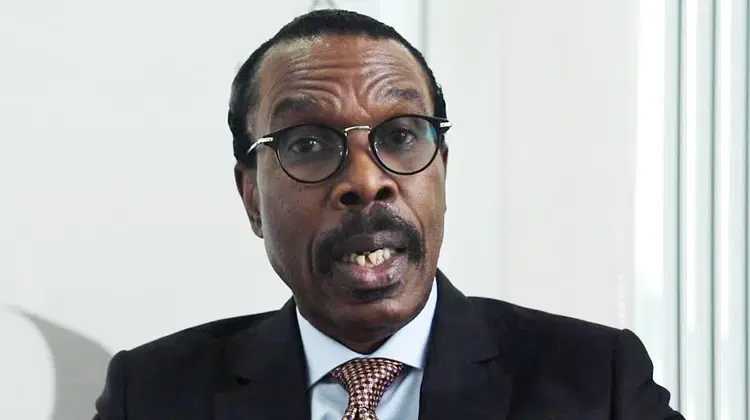Financiers and lessors who drive the global air travel industry will convene in Dublin on Monday for their annual meeting, supported by strong lease rates and stable oil prices.
However, they face challenges related to jet shortages and trade tensions, according to Reuters.
Ireland, home to the global aircraft leasing industry that controls about half of the world’s airline fleet, hosts the Airline Economics event, offering an early opportunity each year to assess economic and trade risks affecting the sector.
Leasing companies have benefited from rising rental and resale values for jetliners as airlines strive to meet growing demand, while aircraft manufacturers continue to struggle with recovery from the COVID-19 pandemic.
This has translated into strong profits for lessors and many airlines, as the shortage of planes drives up both demand and fares.
However, concerns persist about securing efficient new aircraft due to supply chain issues, including a shortage of parts and labor.
As a result, older second-hand planes have been in high demand to fill the void.
“The main question for the industry is the speed at which manufacturers will be able to ramp up deliveries. That will determine a lot of other things,” said independent aviation adviser Bertrand Grabowski.
He noted that lease rates had begun to level off, as airlines have become more reluctant to add capacity at any price.
Delegates are divided on how long the shortage will persist.
“Several lessors and observers think the market can return to an excess of capacity after three years or so,” Grabowski said.
Others believe the removal of some 4,000 jets left unbuilt during the pandemic will keep airlines short of jets for longer.
Airbus aims to produce 75 A320-family jets per month by 2027, although it has delayed this goal several times due to supply chain issues.
Meanwhile, Boeing is gradually increasing production of the competing 737 MAX, working its way back to 38 jets per month, a limit set by regulators after a door plug failure occurred on a 737 MAX last year.
Many of the approximately 3,000 delegates heading to the Irish capital will also be considering the potential impact of the upcoming change in U.S. leadership, just a week before President-elect Donald Trump is sworn in for a second term.
The head of Avolon, the world’s second-largest aircraft lessor, Andy Cronin,
stated that any disruptions to supply chains would be “unhelpful” given the current struggles of airplane manufacturers to meet demand.
Avolon, a key customer of both Boeing and Airbus, has indicated that the world’s leading plane makers will continue to face capacity constraints for at least the next decade.
“Any increased costs or challenges that require reorienting … supply chains will be unhelpful to the recovery of stability in that system,” Cronin told Reuters.











